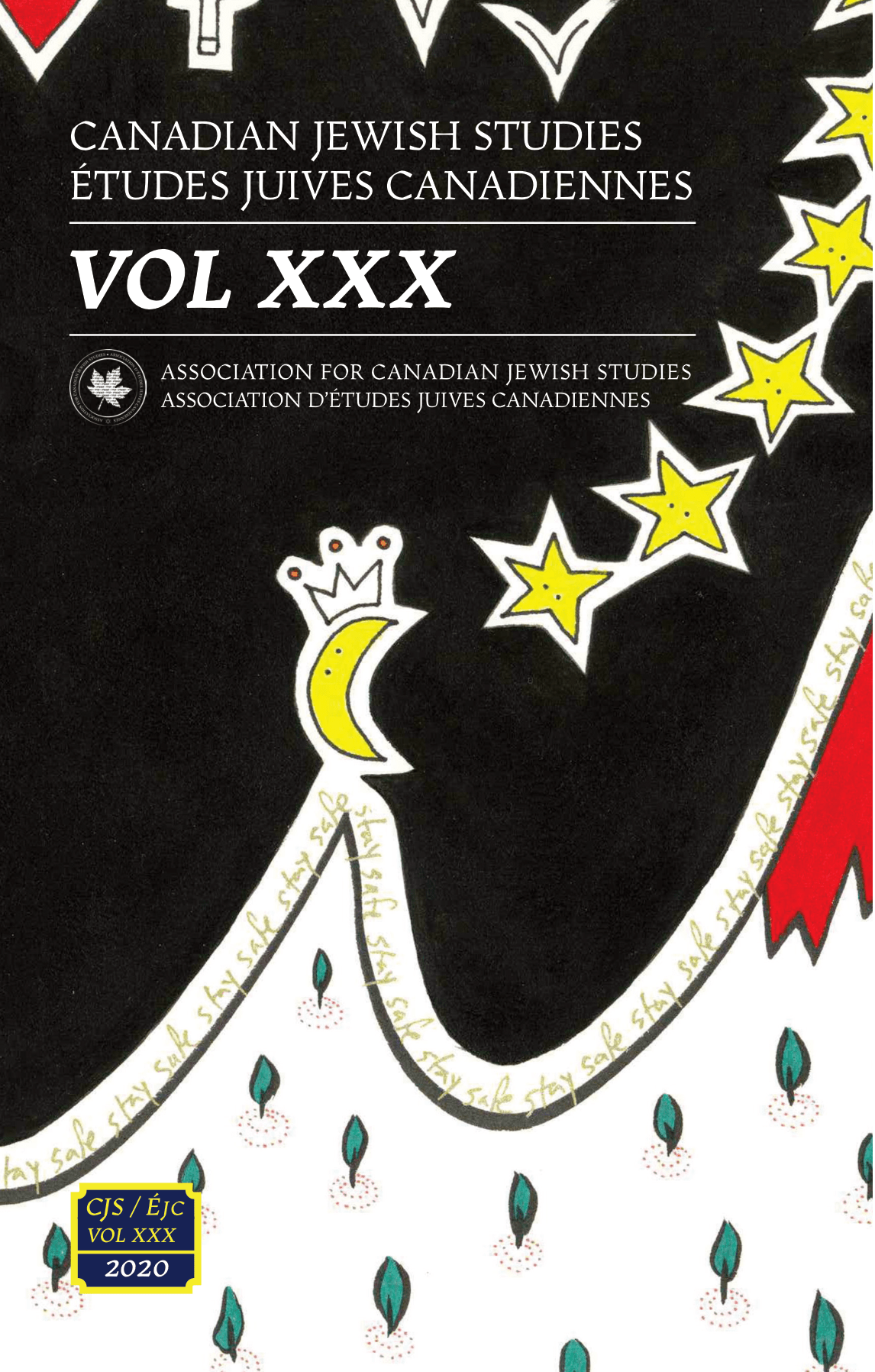Believe, Pray, and Obey: Three Indicators of Religiosity in a Jewish Canadian Community
DOI :
https://doi.org/10.25071/1916-0925.40186Mots-clés :
Windsor, Religiosity, JudaismRésumé
This article examines religiosity among a sample of Jews living in Windsor-Essex County. This study uses three indicators to measure religiosity, including belief in G-d, prayer routine, and the Sabbath. The researcher interviewed fifty members of this community with an age rage between their early twenties to late eighties. The results show that the community has a somewhat moderate belief in G-d but does not pray or honour the Sabbath at comparable levels. To account for this diminished religiosity, Pippa Norris and Ronald Inglehart’s existential security theory will be applied. The article concludes that given the high degree of existential security derived from the sample’s high education level, there is little personal need to adhere to the major tenets of Judaism.
Cet article examine la religiosité parmi un échantillon de Juifs vivant dans le comté de Windsor-Essex. Cette étude se base sur trois indicateurs pour mesurer la religiosité, notamment la croyance en Dieu, la routine de prière et le sabbat. Le chercheur a interrogé cinquante membres de cette communauté dont l’âge varie entre 20 et 80 ans. Les résultats démontrent que la communauté a une croyance assez modérée en Dieu, mais ne prie pas ou n’honore pas le sabbat à des niveaux comparables. Pour rendre compte de cette religiosité diminuée, la théorie de la sécurité existentielle de Pippa Norris et Ronald Inglehart sera appliquée. L’article conclut qu’étant donné le haut degré de sécurité existentielle découlant du haut niveau d’éducation de l’échantillon, il n’est guère nécessaire, sur le plan personnel, d’adhérer aux grands principes du judaïsme.
Références
Téléchargements
Publié-e
Versions
- 2020-11-24 (4)
- 2021-04-28 (3)
- 2021-04-05 (2)
- 2020-11-30 (1)
Comment citer
Numéro
Rubrique
Licence
Canadian Jewish Studies/ Études juives canadiennes is a journal dedicated to the open exchange of information; therefore the author agrees that the work published in the journal be made available to the public under a Creative Commons Attribution-Noncommercial-No Derivative Works 4.0 Unported License. The publisher (Association for Canadian Jewish Studies / Association d'études juives canadiennes) recognizes the author's intellectual property rights; authors retain copyright over their work. The author grants the publisher first serial publication rights and the non-exclusive right to mount, preserve, and distribute the intellectual property. The journal is digitized and published on the open access website http://pi.library.yorku.ca/ojs/index.php/cjs/index.







